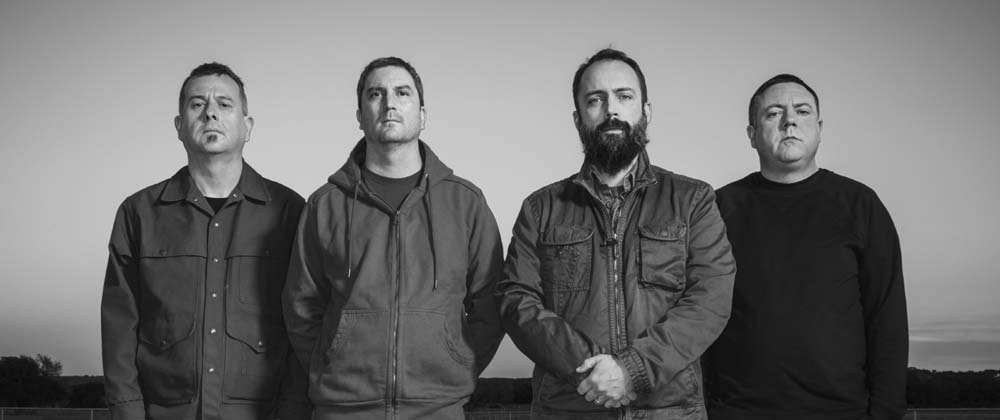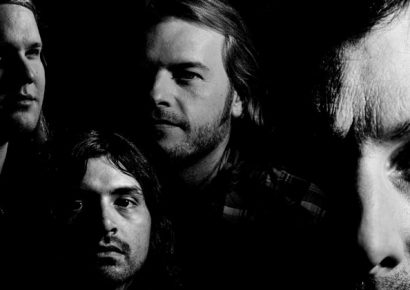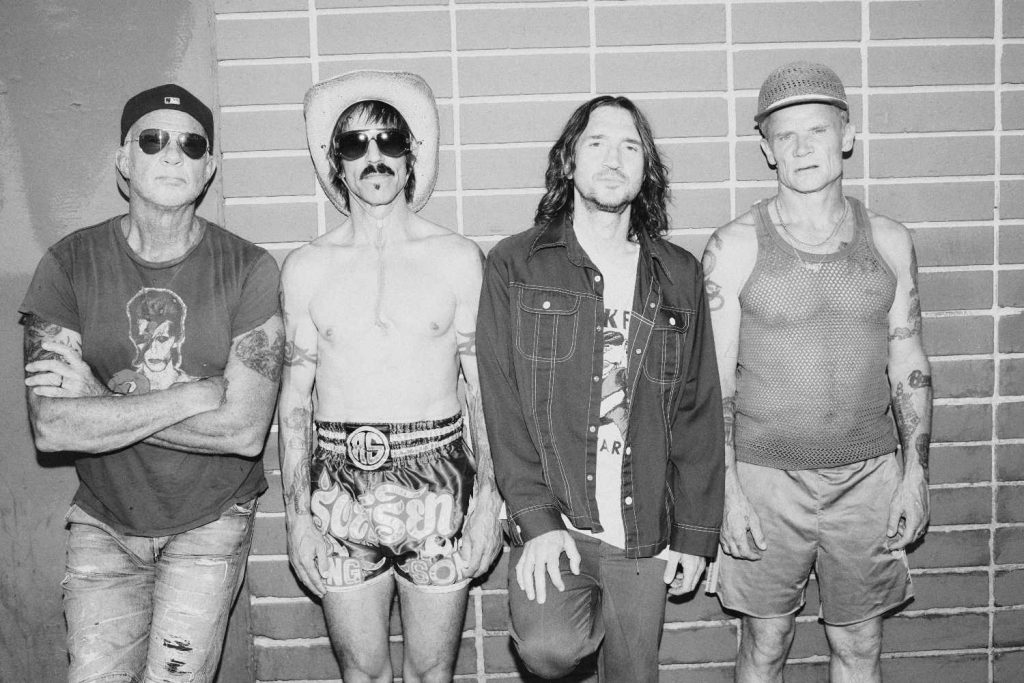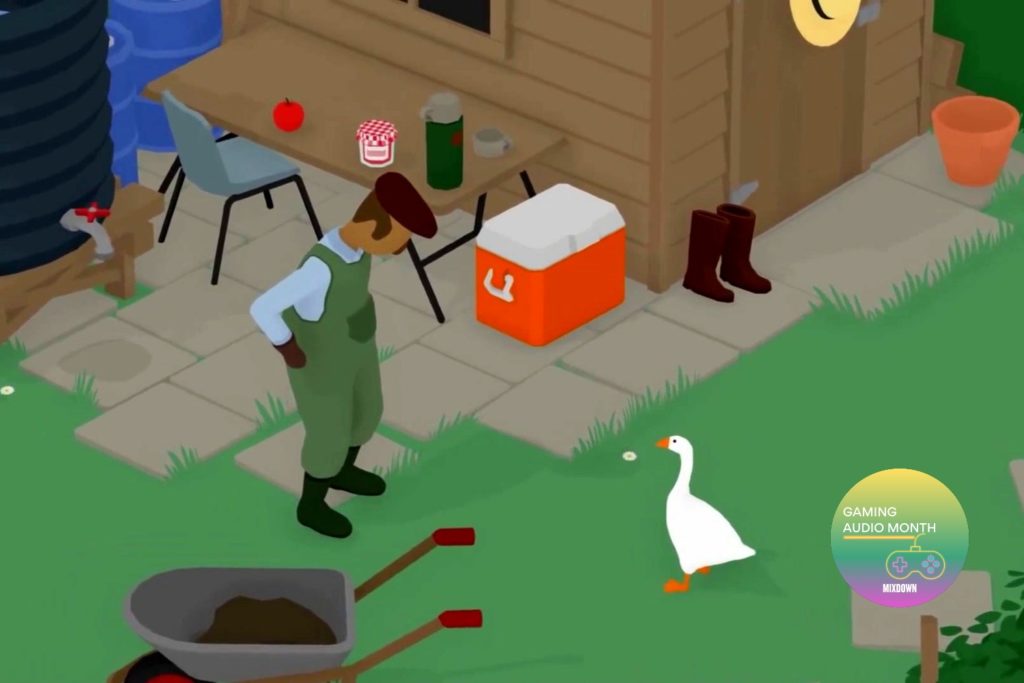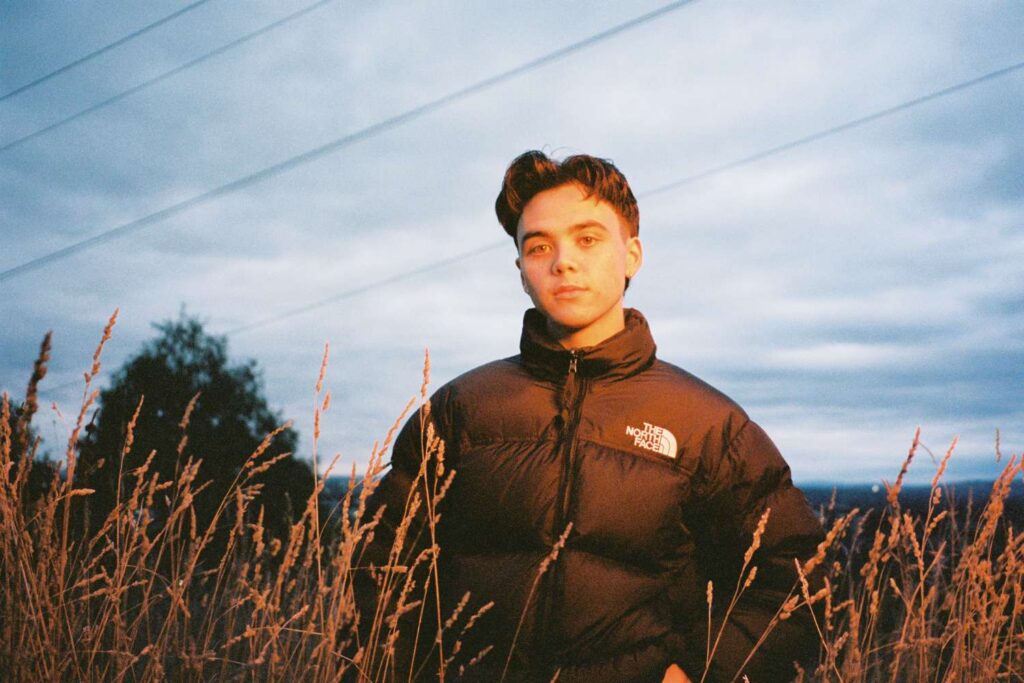You worked with Machine on Earth Rocker, as well as Blast Tyrant (2004) and Pure Rock Fury (2001).After reconnecting on Earth Rocker; did it seem obvious you’d get him to produce Psychic Warfare?
We all felt really good about the sound and flow of ER, and it is our best received album by the public yet. By the time we went into the studio to record that album we were very comfortable with Machine and how he works as a producer. It’s not a typical way of recording an album, but he makes it work and both parties were very happy with the results. For Psychic Warfare, we wanted to do something a little different to distance it from ER while maintaining the same level of energy that album had. Lucky for us Machine had just transported himself from New Jersey to Texas, just outside of Austin. He got himself a nice big plot a land and built a barn from scratch to house a new studio. It’s got a cool laidback vibe that we really liked.
Over your 11 albums, you’ve worked with a lot of producers, and some really big names (Joe Barresi, Jack Douglas). The relationship between artist and producer is obviously very important, and I imagine it’s not always smooth sailing. Do you feel like Clutch have a real artistic affinity with Machine?
Working with Machine is still a bit challenging for us sometimes, in a good way. When we recorded Blast Tyrant with him back in 2004 his methods were so unorthodox it led us to go in a completely different direction when it came time to record the follow-up, Robot Hive/Exodus. But there is a sound to his method, and an energy that works well for us. He gets himself involved in the music more than any other producer we have worked with, and he will share every thought and idea he has. We won’t always agree with him, but we encourage his input.
While Machine has worked closely with other heavy acts (Lamb Of God, Every Time I Die), he’s really into hip hop and beat-making and the use of samplers. Does his background in these areas have an effect on the recording of Clutch albums?
I do think that one of the things he’s got going for him as a music producer is that he is also a musician. He’s someone who knows what the song writing process is like and is able to bridge those two worlds of being a musician and a producer. When he gets excited about a particular part or a lyric he does like to say something ridiculous like “that’s hip-hop!” What excites him about it is its loop-ability. He records into a computer and has the music laid out on a grid. He can sample a section and break it down and manipulate if wanted. As a song writing tool that’s great. What is interesting, though, is out of the entire‑Clutch‑catalogue, when it comes to adding samples into the music, the albums we recorded with Machine have the least.
Psychic Warfare is a very live sounding record. It’s not overly compressed and doesn’t sound beat detected or digitally tidied up. Was the essential aim to go in and bash it out?
When we went into the studio for ER we essentially did what we did for Blast Tyrant, which was have JP [Jean-Paul Gaster] record the drum tracks to scratch vocals and guitars and then re-record the guitars and vocals to those drum tracks. It’s a longer process but makes for a tighter sound. By the time we got in the studio to record Psychic Warfare we had already played most of the songs out live on tour. Our intent was to write as much as we could at home, book a tour and play a few of the new songs each night, end the tour in Austin and go straight into Machine’s studio. We told Machine we wanted to approach this one differently, to give the songs a much more live feel. We recorded the songs as a band, with minimal overdubbing. It’s the best sounding album we’ve done with him in my opinion.
Clutch have now made 11 albums and never really rested on your laurels. But, perhaps more than ever, this album seems like a celebration of four-to-the-floor rock’n’roll music. Was that intentional?
I think we have just come to terms with the fact that that is what we are. We are always willing to experiment with different styles of music and adding extra instrumentation, but it really boils down to the four of us, what’s created by just us four guys in a room jamming. It was our intention to create that vibe on ER and I feel like we took it a step further with Psychic Warfare; to create a heavy and live sounding album, to recreate what we try to do each time we walk on stage.
Psychic Connection it out October 2 via Weathermaker Music/ Rocket.
